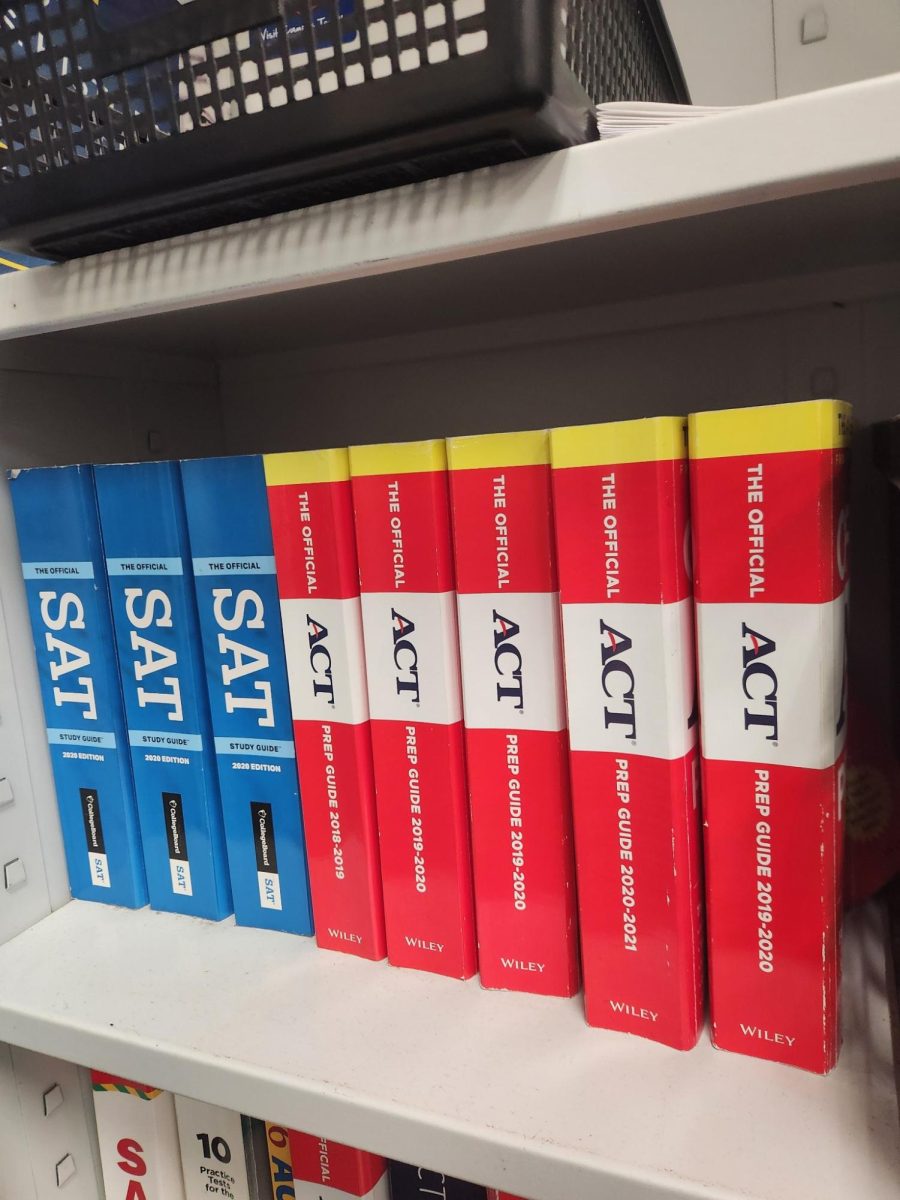At one point or another, every student hears about college. There are thousands of colleges within the US and over twenty-five thousand universities globally. With so many options, students may struggle to make their college decisions.
Many factors can play a role in choosing a school. Around eighty-five percent of college students in the United States use financial aid (federal aid, scholarships, etc.). The FAFSA (the free application for federal student aid) also has no maximum salary range; students from higher-income families may still be eligible for financial aid, depending on their specific circumstances. While many prospective students cannot afford college outright, financial aid can help alleviate the burden of college prices.
Although college is a great choice for many, it is not the only choice after high school. Some other common career choices after high school include: joining the workforce, enlisting in the military, and attending trade school. Additionally, Ivy Leagues and top universities aren’t the only options for those interested in pursuing a higher education.
Students interested in college may find the best success in applying to a dozen or more colleges, including community colleges, junior colleges, two or four-year colleges, and universities; applying to a plethora of colleges gives a student more chances to be accepted. Even so, there are many other important parts of getting accepted into college.
Grade Point Average
Grade Point Average (GPA) is a metric commonly used by colleges to determine a student’s aptitude for learning and success in school. A school is more likely to accept a student with a higher GPA because it shows that the student has already implemented good learning habits and is capable of being successful in school. It isn’t the only factor, but most schools have a GPA requirement that must be met to attend. For instance, the University of Hawai’i at Mānoa has a requirement of a 3.2 GPA for residents and a 3.69 GPA for non-residents.
Standardized Test Scores
Standardized test scores from the American College Test (ACT) and the Scholastic Aptitude Test (SAT) are a part of consideration for college admission. Many colleges have opted to become test-optional (ACT or SAT isn’t required); however, a good standardized test score can help improve a student’s chance of admission to a school. These tests can also be taken multiple times, as only the highest score needs to be submitted at the vast majority of universities.
Extracurricular Activities
Colleges are looking to find students who excel not only in academics but also in other aspects. Extracurricular activities can be crucial in college applications because they show that the student can succeed in other aspects, not just their education. Whether playing a sport, joining a club, or volunteering outside of school, anything productive that someone does other than school work could be considered an extracurricular activity. A well-rounded student is often more successful than a regular student as far as colleges are concerned (provided they are also successful in school).
There are many different aspects to consider when looking at college. However, it can help with the selection process to determine which school is the best fit for each person. No single school is the best choice for everyone, so it is important to research the areas of study a college provides, as well as the size, location, environment, and extracurriculars that it has to offer. It’s not a simple task to decide on a college, but with the proper research, there is a good school or career path for every individual.
Sources:
-Bareham, Hanneh. “2023 FAFSA Statistics.” Bankrate, 4 Jan. 2023, www.bankrate.com/loans/student-loans/fafsa-statistics/#stats.
– Berlin, Olivia. “LogicPrep Education.” LogicPrep Education, 24 Oct. 2023, www.logicprep.com/blog/what-do-colleges-see-when-i-submit-my-test-scores.
–Claybourn, Cole. “What a Good College GPA Is and Why It Matters.” US News & World Report, 5 Dec. 2022, www.usnews.com/education/best-colleges/articles/what-a-good-college-gpa-is-and-why-it-matters.
-“COE – Characteristics of Degree-Granting Postsecondary Institutions.” Nces.ed.gov, nces.ed.gov/programs/coe/indicator/csa/postsecondary-institutions.
–“Make Extracurricular Activities Count – College and Career Readiness.” ACT, www.act.org/content/act/en/students-and-parents/high-school-success/high-school-resources/make-extracurriculars-count.html.
–Luca, Michael. “How Many Colleges Should You Apply To?” Harvard Business Review, 4 Apr. 2022, hbr.org/2022/04/how-many-colleges-should-you-apply-to.








